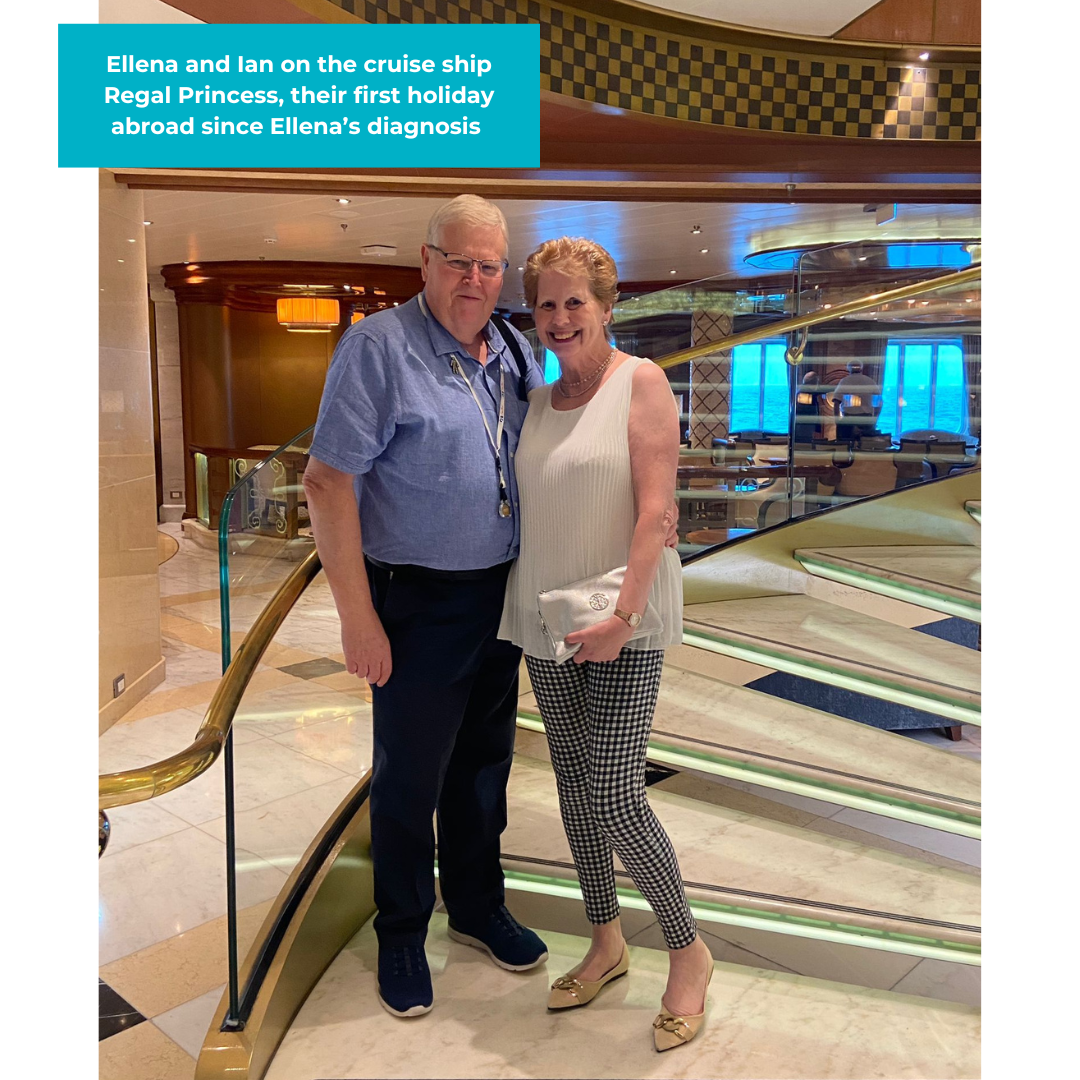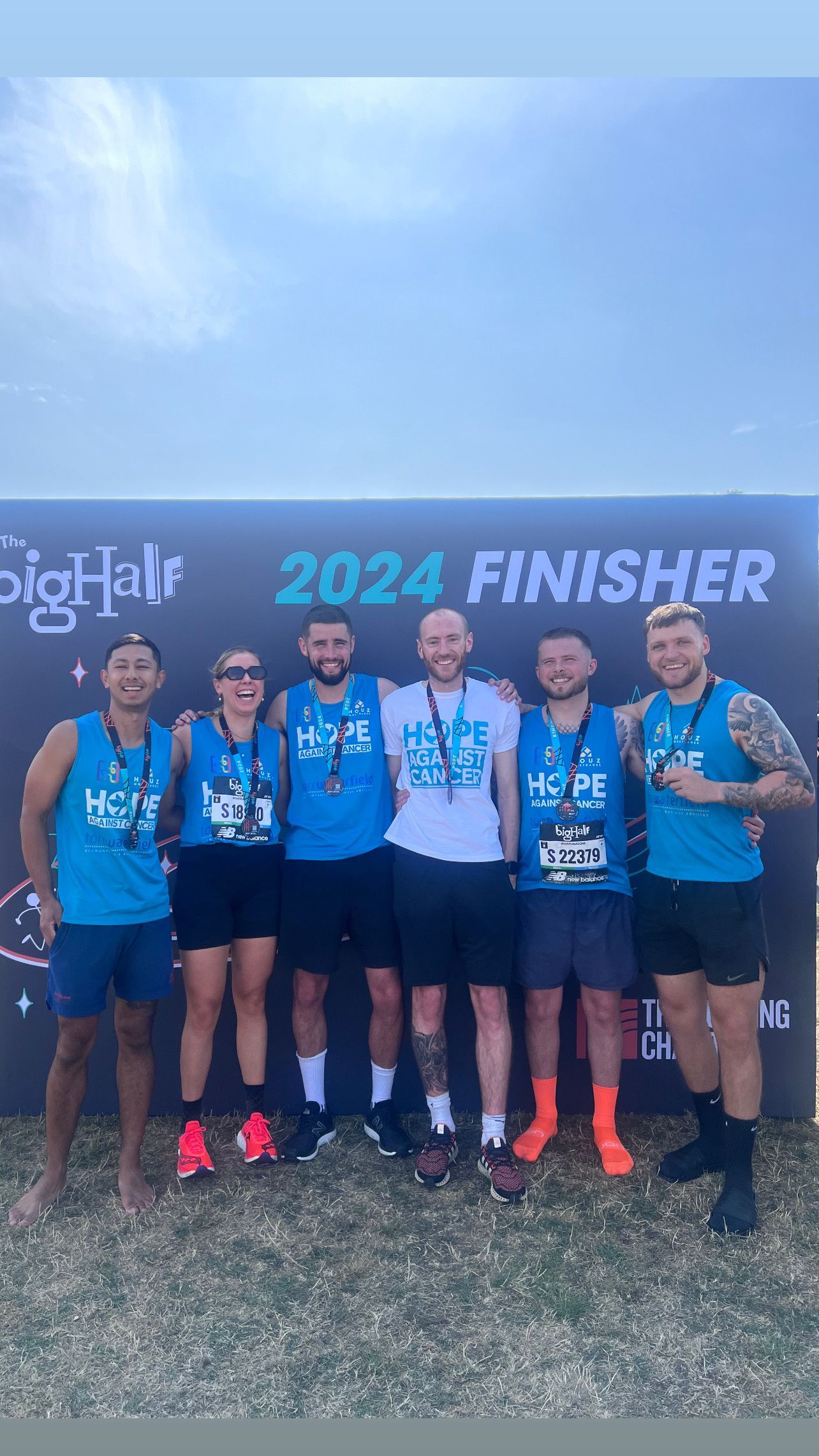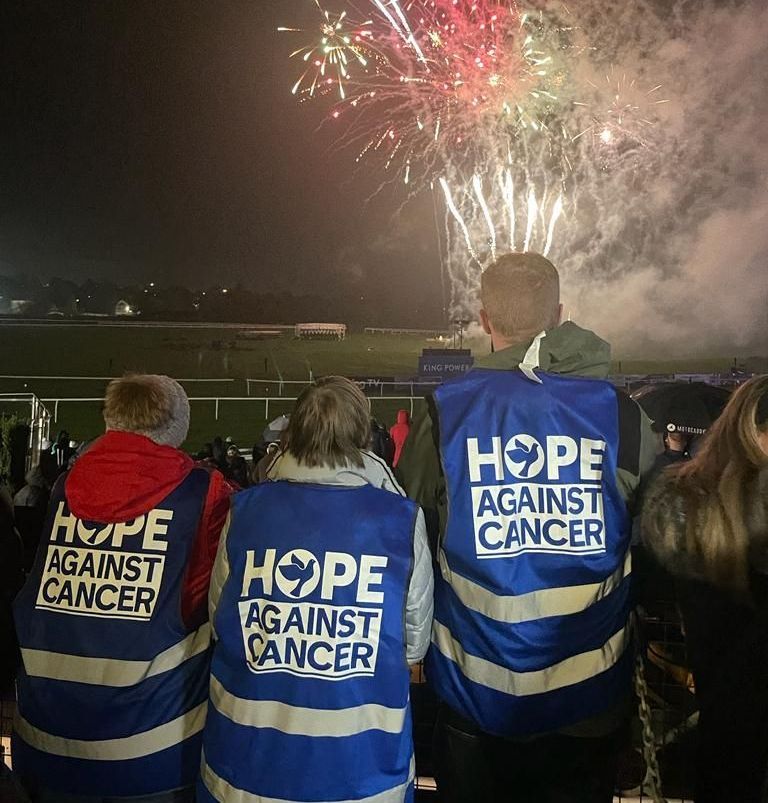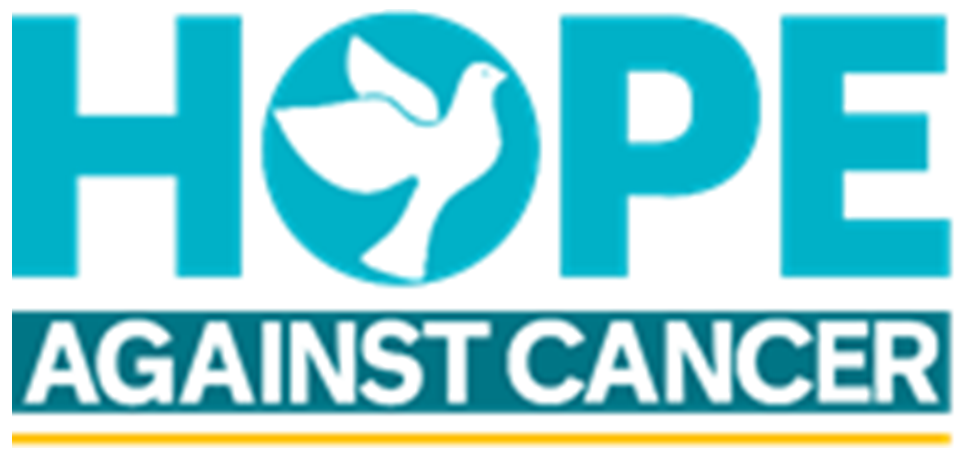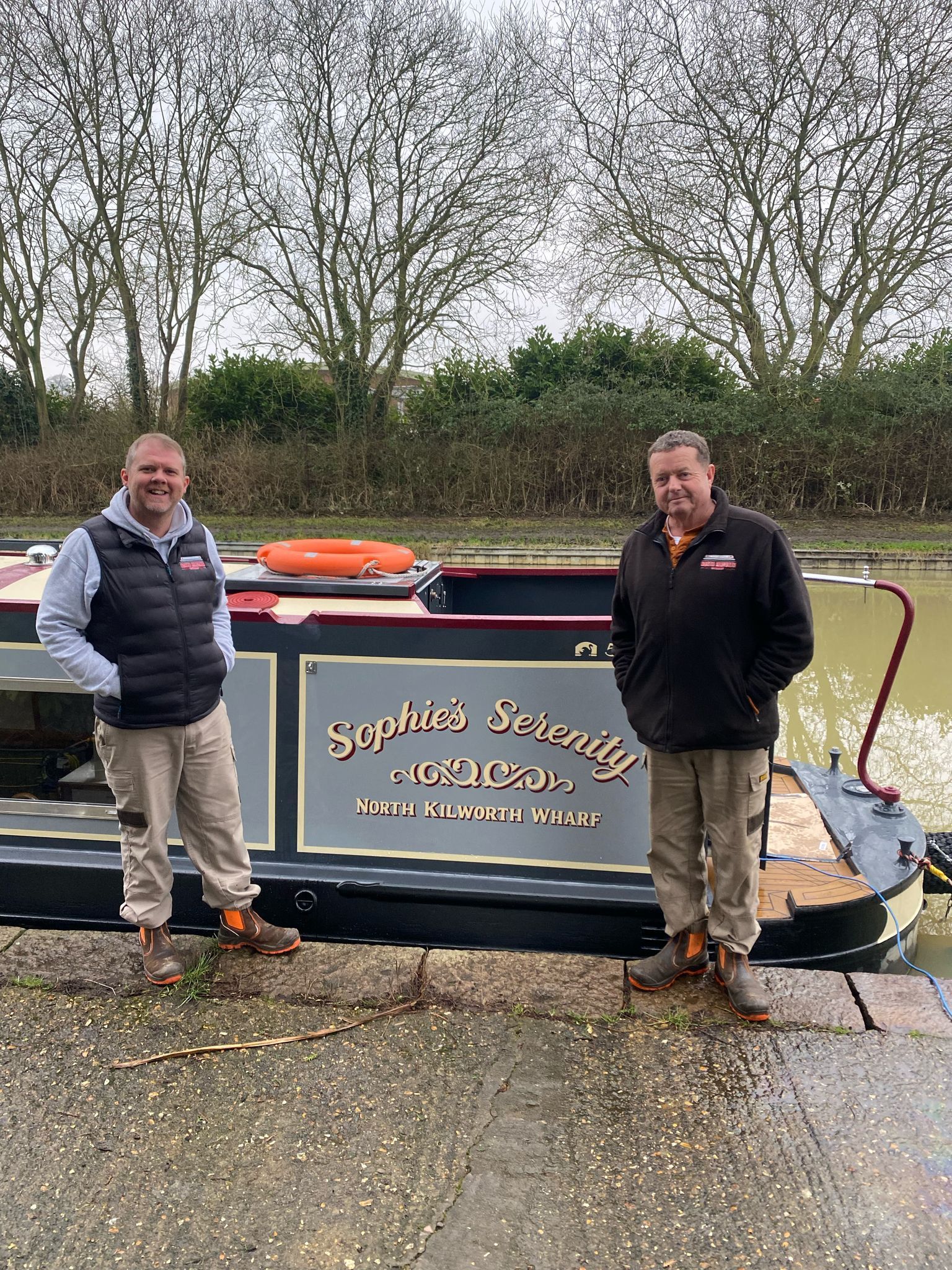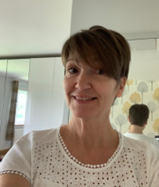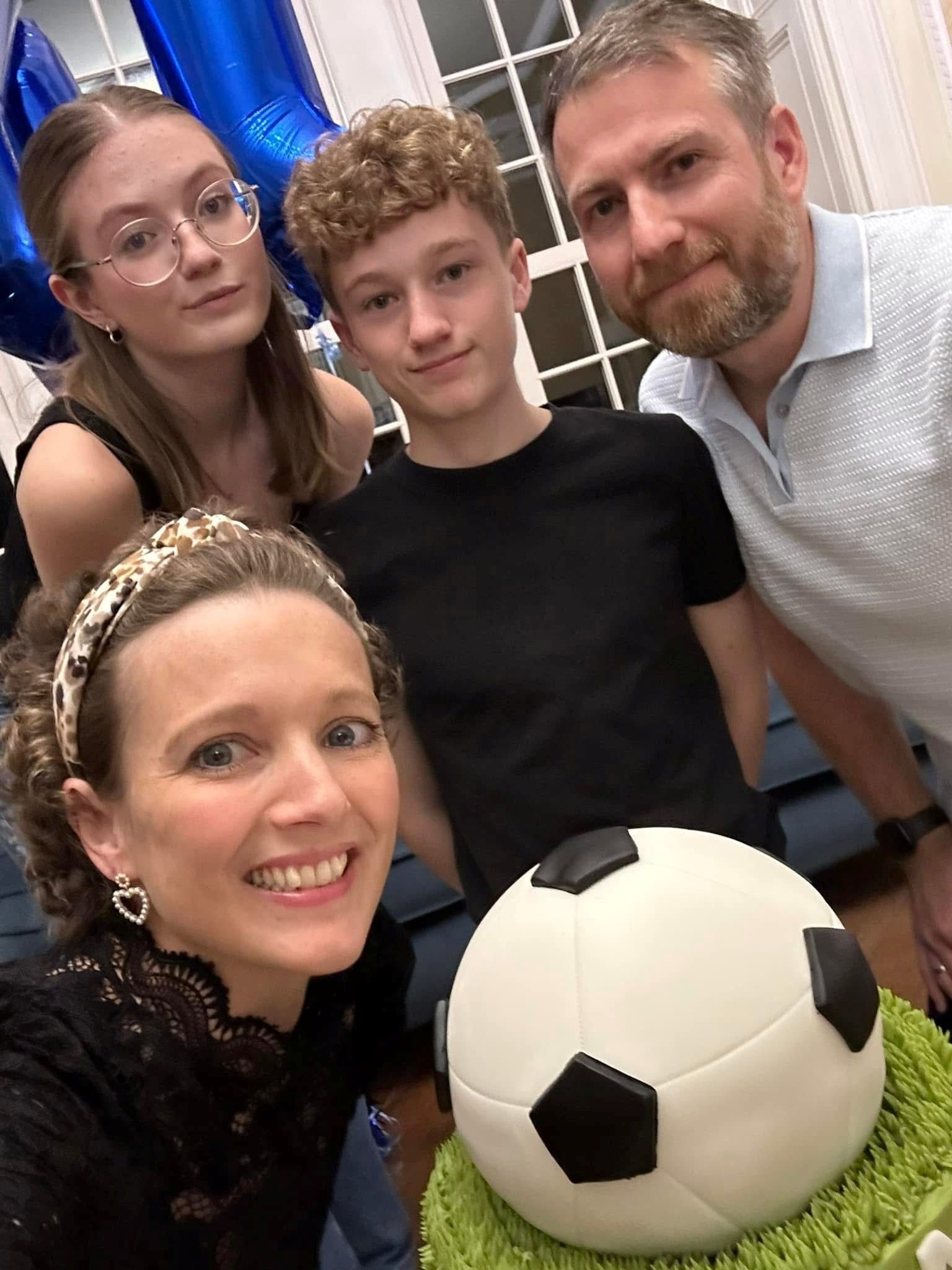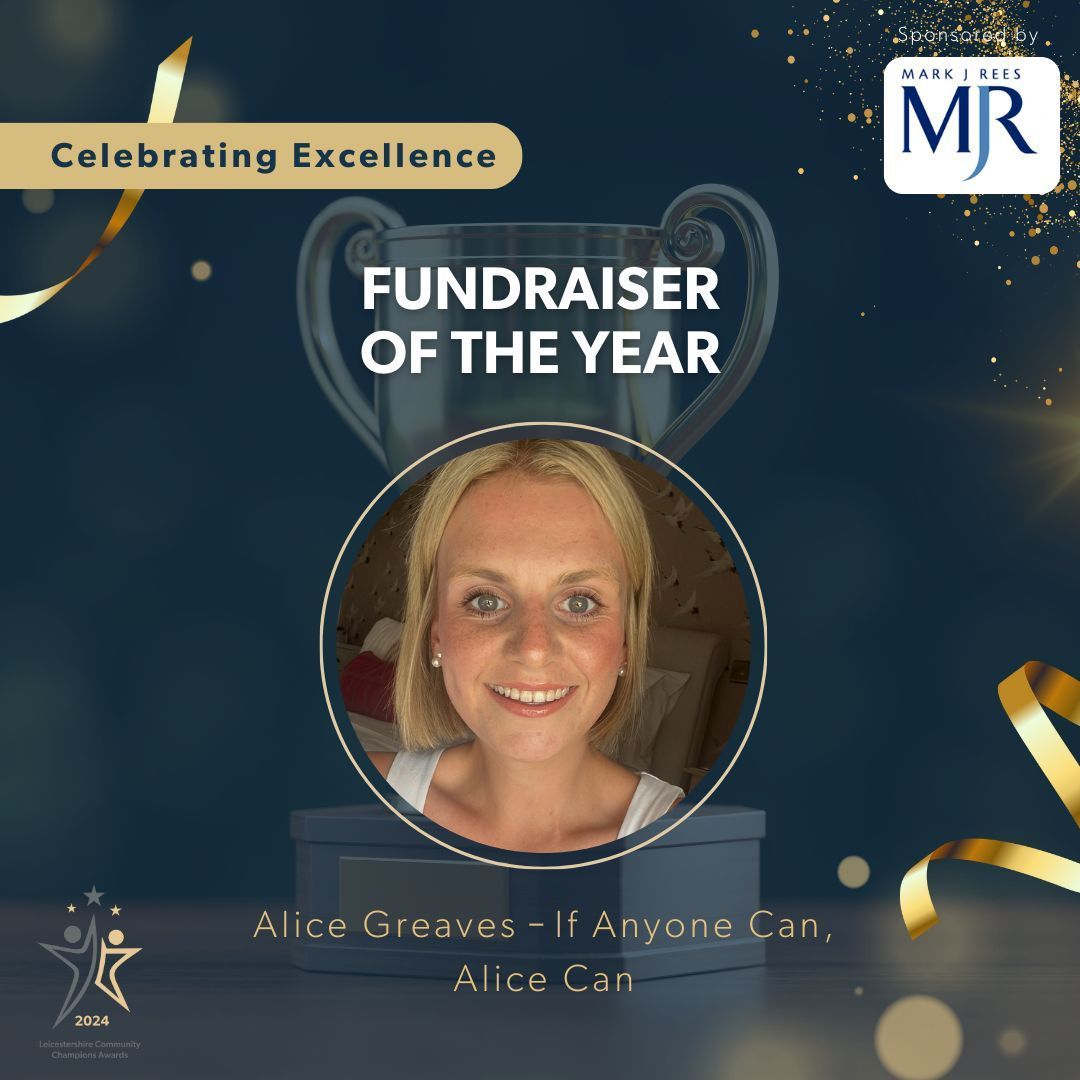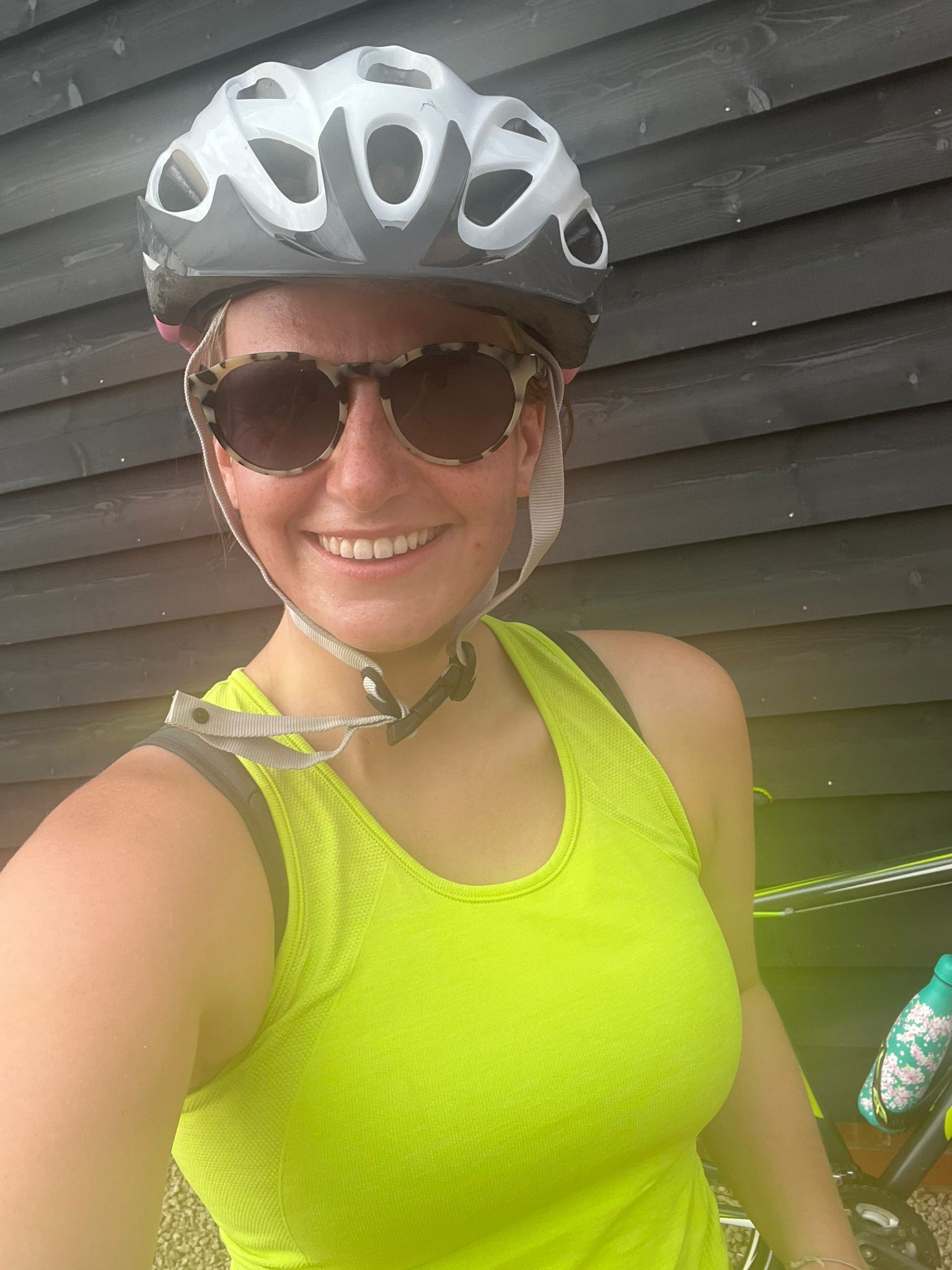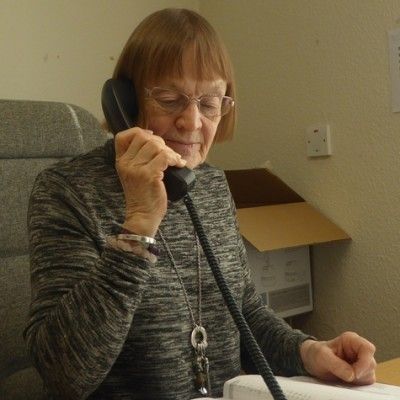Ian’s Story
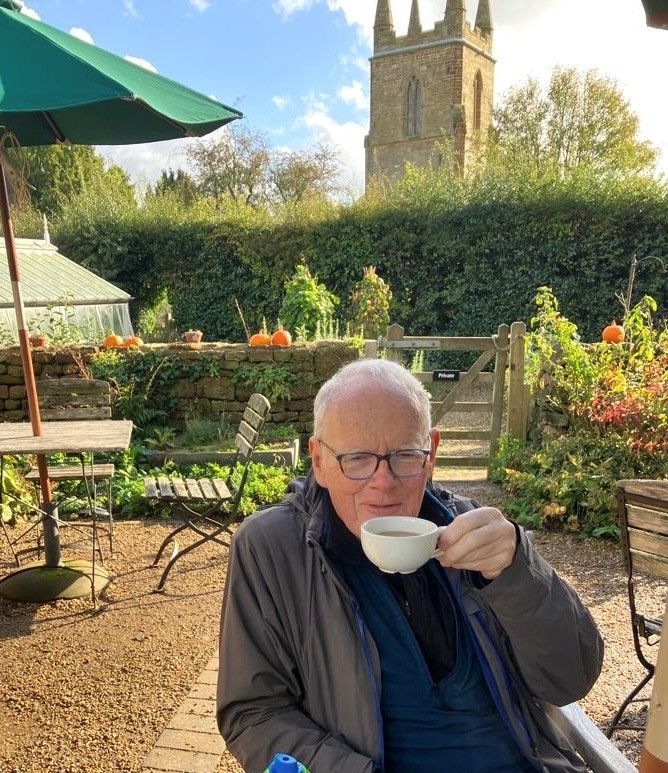
I believe that my experience with CLL (Chronic Lymphocytic Leukaemia) was fairly typical. It all began with an insurance policy blood test which showed a slightly raised white blood cell count that I needed to discuss with my GP. A referral to Leicester Royal Infirmary led to a diagnosis of CLL in July 2019.
‘A classic case’ the consultant said. I was 73 and it was a diagnosis by chance rather than by symptoms. The CLL was not that advanced and the doctors told me that there was no advantage to early treatment for this particular form of cancer. I was given reams of literature about the disease, which included plenty of optimistic comments about the success rates of the latest treatment, and I was put on Watch and Wait status. I soon learned that this is more realistically called Watch and Worry… I was also likely to be more prone to infection, and with COVID just around the corner, I became socially ultra cautious.
I watched and I waited for three years, with blood tests every three months and ongoing discussions with my excellent consultant Dr Allchin. Dr Allchin was very clear about how the disease was progressing, realistic, but positive nevertheless. It was particularly helpful that my wife was able to attend all the sessions and that I could record them on my phone.
In Autumn 2022 the tests revealed that it was time to start my treatment and I was given all the information I needed to make my own decision. I had two options. For me it was either take tablets for the rest of my life or a one-year treatment that would involve hospital visits.
I chose the one year 'targeted therapy’ option. This is one of the new cancer treatments that research by centres such as the Hope Cancer Trials Centre has made possible.
To begin I was given monthly infusions at the Osborne Day Centre at the Leicester Royal Infirmary. The nurses were superb, and the atmosphere was positive. This lasted approximately 6 months and while I was very tired for much of the time, there were not too many side effects. The treatment does affect your immune system so, in normal circumstances I would have needed to minimise social mixing, but the impact of COVID was having a similar effect anyway. The other part of my treatment was tablet-based which built to a crescendo of four large pills every day for ten months. This overlapped with the infusions, so that it was all completed within the same year.
I received regular support from my consultant, from my CLL nurses (Sarah and Tina), from the Osborne Clinic nurses, and from the 24/7 Haematology helpline, and all this at an incredibly difficult time for every part of the NHS.
My targeted therapy, which both enabled my immune system to recognise and fight the cancer, and attacked the disease itself, is a massive improvement on the earlier invasive treatments. To me, this clearly shows the progress made in cancer therapy thanks to research by organisations like Hope against Cancer.
It was obvious how expensive all this is, especially as improvements are made in the effectiveness of treatment.
Fundraising is a vital element in making these improvements possible.
After I was told I was in remission I wanted to show my gratitude for the support I received at the LRI and donated to Hope Against Cancer to help support the incredible work of the Hope Cancer Trials Centre.
